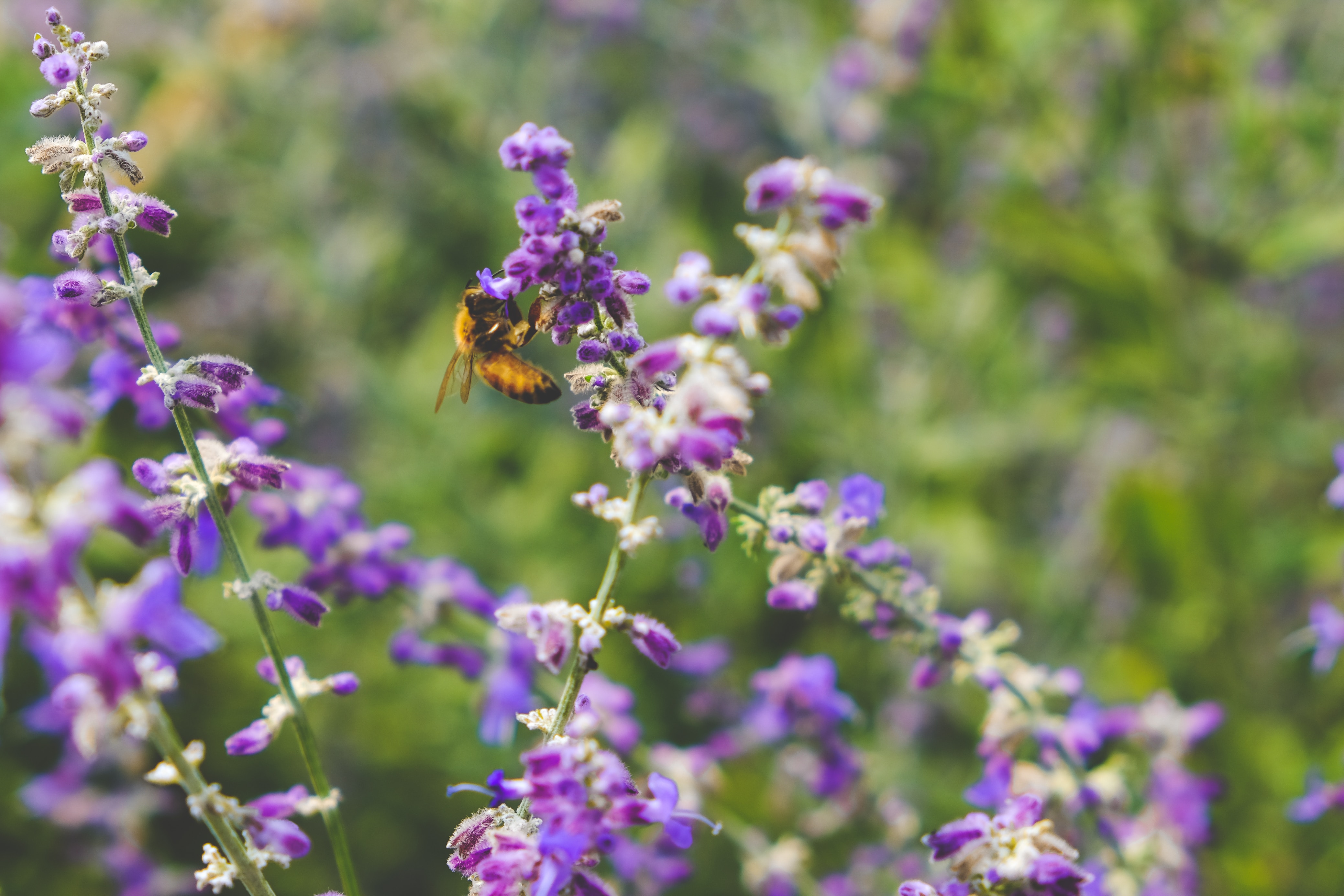When researchers Dr Kat Bruce, Prof. Doug Yu and Prof. Alfried Vogler realised the potential molecular methods for species and ecosystem monitoring had to revolutionise the world of environmental management, they founded NatureMetrics. The start-up has since grown to become the UK’s largest commercial supplier of eDNA testing – and now they are working with the University of Kent via a Knowledge Transfer Partnership to optimise their service.
Biodiversity monitoring is vital for the detection and management of animals, plants and microbes across the globe. It helps us to identify where ecosystems are changing and why, so that we can put measures in place to keep them balanced and healthy. eDNA is an increasingly popular survey tool for assessing the presence of species at surveyed sites but is prone to false positive and false negative errors during the field sampling and laboratory analysis stages. This problem was largely ignored for a long time.
In 2019, the Statistical Ecology at Kent team developed the first statistical model for eDNA data that accounts for the probabilities of both types of error in eDNA surveys, yielding reliable estimates of the probability of species presence from eDNA data and, by quantifying the reliability of eDNA data, providing valuable insight into the potential of this developed monitoring tool. The team has since implemented the new model, which has become a state-of the art app, and received NERC funding to build on this work.
Now Dr Eleni Matechou from the Statistical Ecology at Kent team is working with the UK’s leading commercial supplier of eDNA testing, NatureMetrics, via a Knowledge Transfer Partnership part-funded by Innovate UK. The partnership will embed newly developed statistical techniques for addressing two challenges associated with biodiversity surveys using environmental DNA: accounting for false negative and false positive readings, and optimising survey design.
“The partnership with NatureMetrics has given us the opportunity to develop a better understanding of their processes and of their clients’ needs, which has led to the development of statistical models that are tailored to NatureMetrics problems. At the same time, the partnership had helped NatureMetrics build their capacity in statistical modelling and become more competitive in the market.”
Dr Eleni Matechou, Senior Lecturer in Statistics
Dr Eleni Matechou is working closely with Research Associate, Alex Diana, who plays an essential role in the KTP by transferring academic knowledge and expertise into the company where he is based. Earlier this year, Alex presented his poster at the STEM for Britain event 2023. This major scientific poster competition has been held in Parliament annually since 1997, and is organised by the Parliamentary & Scientific Committee to give members of both Houses of Parliament an insight into the outstanding research work being undertaken in UK universities by early-career researchers.
“The KTP has had a significant impact on NatureMetrics’ practices and on my way of thinking. The models I have developed will be used to analyze client data and provide them with useful insights. Working with NatureMetrics has broadened my mindset considerably, forcing me to think about how to meet the specific needs of the product company, rather than the publication of a scientific paper.”
Alex Diana, Research Associate
The KTP between Kent and NatureMetrics is due to continue until September and we look forward to the outcomes of the project when it is complete. If you would like to find out more about how you can benefit from working with Kent via an Innovate UK-funded KTP, visit our website.
KTPs are just one of the knowledge exchange initiatives through which the University of Kent interacts with business and communities to make an impact. Knowledge Exchange is a two-way exchange between research students and research users, to share ideas, evidence, research, experiences and skills. It refers to any process through which academic ideas and insights are shared, and external perspectives and experiences brought in to academia.

